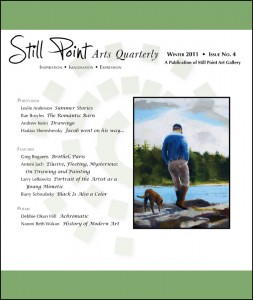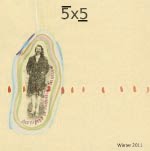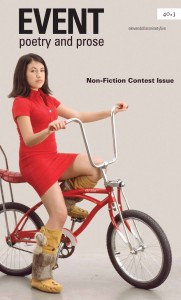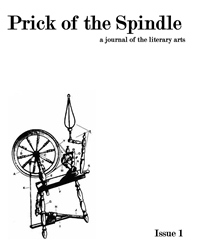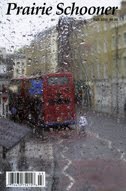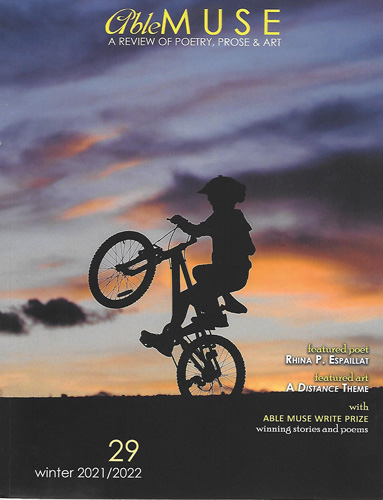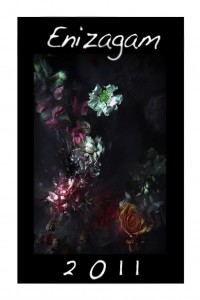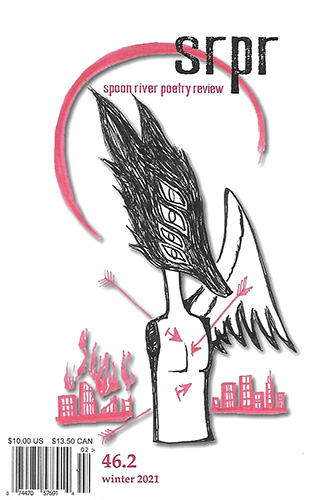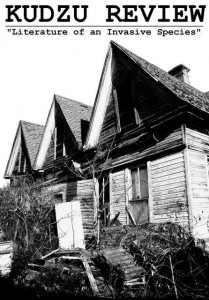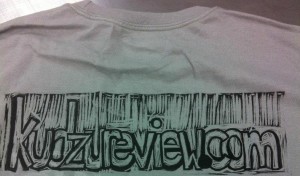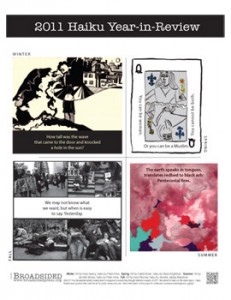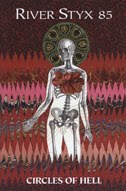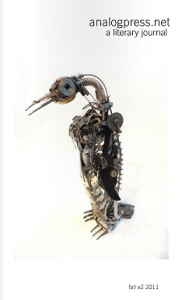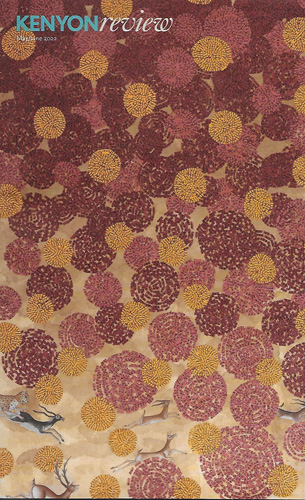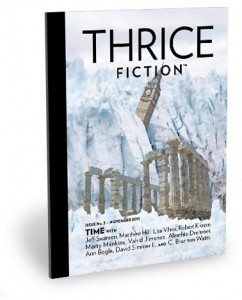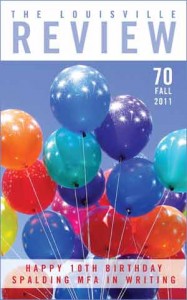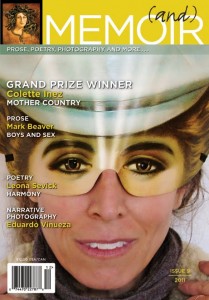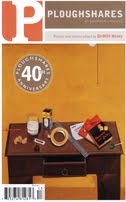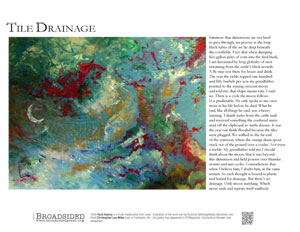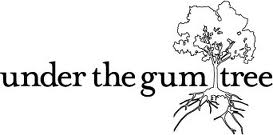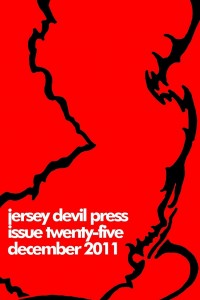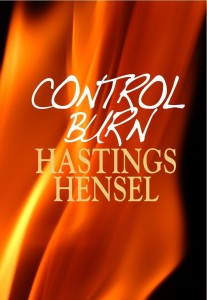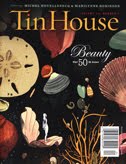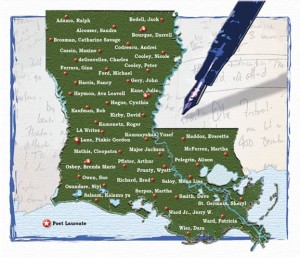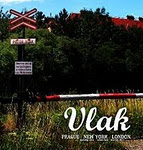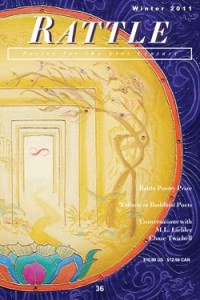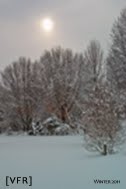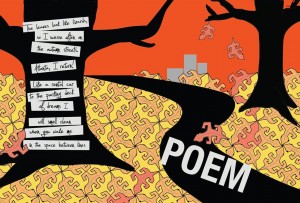 HOOT is a unique monthly traditional-mail delivered postcard print format with additional separate content online.
HOOT is a unique monthly traditional-mail delivered postcard print format with additional separate content online.
When asked Why start a literary magazine?, Editors Dorian Geisler and Amanda Vacharat replied: “This is a great question. It does seem counterintuitive, a little bit, to start a literary magazine now, in 2012 – when there are already a bazillion magazines struggling to find readers and subscribers. We started a literary magazine because we thought we saw an unfilled niche, based on what people are looking for right now. It’s not that people don’t want to read new authors anymore, it’s that they don’t want it to take up a lot of time. People want concision. Furthermore, they want things that are shareable and self-defining (think Twitter and Facebook posts). So, we made a magazine that’s short, and affordable, which (hopefully) looks good enough to be hung on a fridge, and is small enough that it can be easily passed along to others.”
I have personally received the HOOT postcards, and as a fan of postcard lit, can attest that these are some of the best quality cards in full color that I have seen.
HOOT editors claim that their publications contain “Zest! We like zest. So readers can expect to find it! By which we mean: surprises – not ‘twist’ endings, but a wide variety in styles and subject matter from issue to issue. HOOT readers can also expect to find art that is visually appealing and also varied in style.”
For the print (postcard) issue, there is only have one author per issue, so to date contributors include J. Bradley, John Steen, William Henderson, and Andrea Uptmor. Online issues, contributors to date are Meagan Wilson, Meghan Slater, Christopher Grosso, Stewart Lindh, William Doonan, Maria Anderson, Justis Mills, Caroline Zarlengo Sposto, Nick Sanford, Stephen Ross, Linda Simoni-Wastila, Thomas Mundt, and Marcy Campbell.
HOOT‘s plans for the future are “all about the idea that literature isn’t just for capital-L Literary types.” Editor Amanda Vacharat explains, “There’s quality work being written that has appeal for a much larger audience, as long as it fits into their schedules. So, we’re playing with the idea of printing literature on a variety of other mediums. We also want to make contemporary writing available to people who might not otherwise have access to it. We’re working towards a model where we can send some subscriptions into prisons and inner city schools and libraries. [Editor’s note: YEAH!] Also, starting in March, we’ll be running free, in-person writing workshops locally (Philadelphia).”
Submissions are year-round and rolling. For print, writers can submit by mail or online. There is a $2 fee for submitting online via Submishmash (which the editors encourage! because this is how they are able pay their authors). But, mail submissions are accepted too, with a SASE. All for-print submissions are automatically considered for online publication. Authors only interested in online publication can submit by email.
In addition to all of this, HOOT editors run free online workshops every Wednesday evening in a chat room – for flash fiction/non-fiction and short poems (<150 words). "Basically," Vacharat says, "we'll read your work right there and give you immediate feedback. You're also welcome to help give feedback on other people's writing. We're very supportive, while still being honest. We try to give very specific things to work on. It's great for all writers - but especially if you're thinking of submitting, you'll also get a great sense of what we tend to like (and not like)." [Pictured: HOOT: ISSUE 2, November 2011, “Poem” by John Steen]



